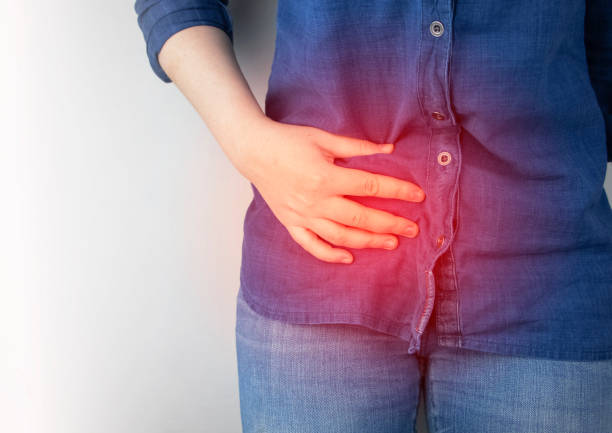In addition to taking a probiotic supplement, it is also important to make lifestyle changes that can help to improve gut health. Eating a balanced diet that is rich in fiber and avoiding processed foods can help to promote healthy digestion. Regular exercise can also help to reduce inflammation and improve joint mobility. Overall, probiotics can be a helpful tool for managing constipation in people with RA. Probiotics can help to improve gut health and reduce inflammation, which can help to reduce the symptoms of RA. In addition to taking a probiotic supplement, it is important to make lifestyle changes that can help to promote gut health and reduce constipation.”
“Probiotics for constipation in postmenopausal women is a growing area of research. Postmenopausal women are particularly prone to constipation due to hormonal changes and other factors. Probiotics can help to improve bowel movements in postmenopausal women by increasing the number of beneficial bacteria in the gut. The most common type of probiotic used to treat constipation in postmenopausal women is Lactobacillus acidophilus. This probiotic is found naturally in the human gut and helps to break down food and absorb nutrients. It also helps to maintain a healthy balance of bacteria in the gut.
Other probiotics that may be beneficial for constipation in postmenopausal women include Bifidobacterium, Saccharomyces boulardii, and Streptococcus thermophilus. Studies have shown that probiotics can help to improve bowel movements in postmenopausal women. In one study, postmenopausal women who took a probiotic supplement containing Lactobacillus acidophilus experienced an increase in the number of bowel movements per day. Another study found that postmenopausal women who took a probiotic supplement containing best probiotic for constipation Bifidobacterium and Saccharomyces boulardii experienced an increase in the number of bowel movements per day and a decrease in the severity of constipation.











